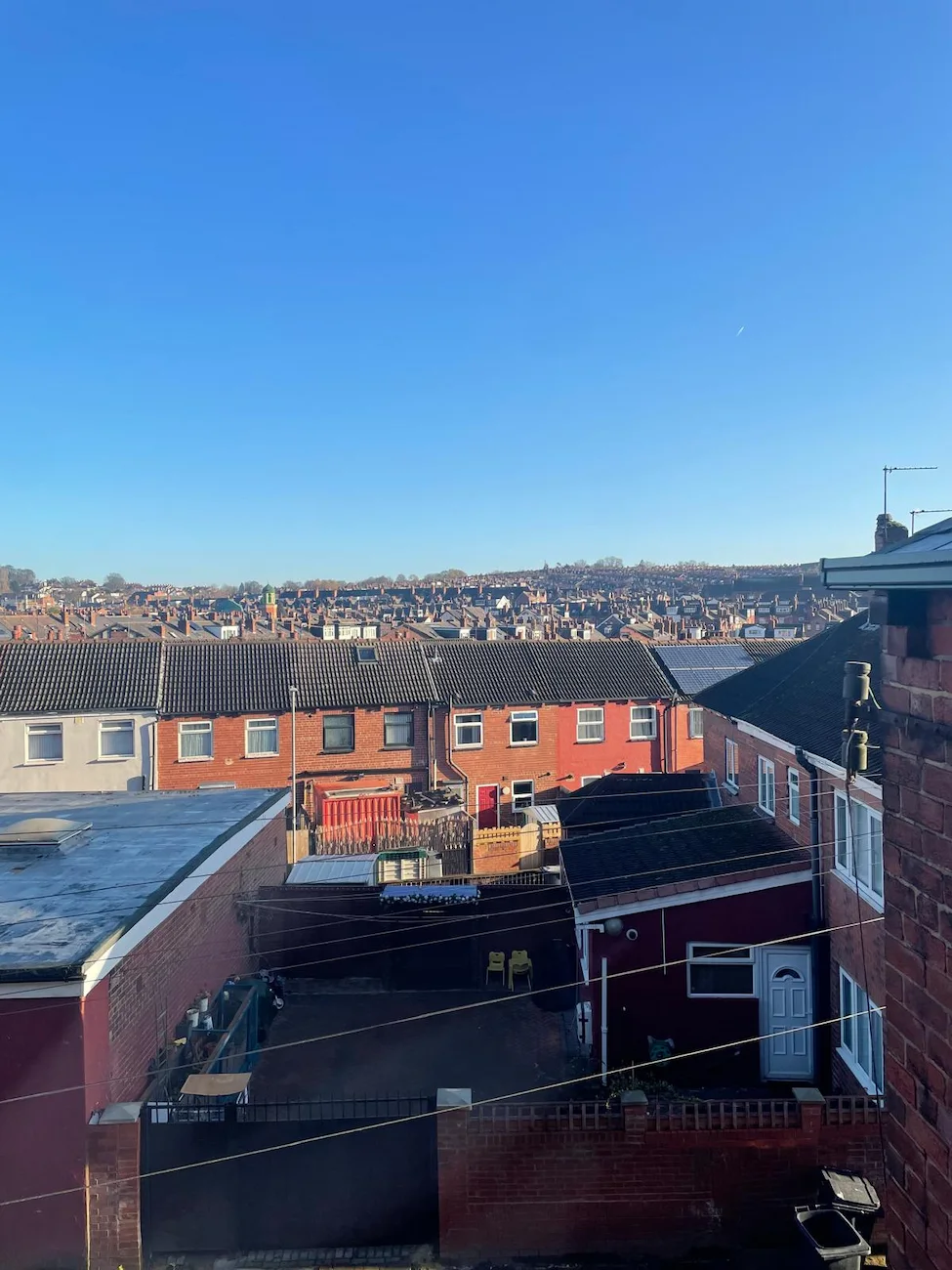The choice between DIY and hiring a tradesperson is one many homeowners and property investors face. Whether you’re upgrading a home for personal use or adding value to a rental property, this decision can impact both your budget and the end result.
At Roberts Renovations, we understand that every project is different. Some tasks are perfect for DIY, while others really benefit from professional expertise. In this guide, we’ll walk you through the pros and cons of each route, helping you decide what’s right for your home renovation.
Weighing Up DIY: Where It Works
DIY has become more popular than ever. With rising costs across the board, many homeowners are turning to DIY to stretch their budgets further. And for certain tasks, it can be an excellent choice.
DIY offers flexibility and a sense of satisfaction. For smaller jobs like painting, decorating, or fitting shelves, you might not need to bring in a professional. There’s also the learning aspect — developing hands-on skills can be rewarding.
However, it’s important to factor in hidden costs. While you save on labour, you may need to invest in tools and materials, which can add up quickly. And if you make a mistake, you could face higher costs to fix it later.
For budget-focused homeowners, our renovations on a budget blog is a great place to start, offering practical ways to manage your renovation spend.
For a useful external guide on typical renovation costs, we recommend HomeOwners Alliance. It’s a helpful benchmark to see if your DIY savings will make a real difference.
The Benefits of Hiring a Tradesperson
When you work with a qualified tradesperson, you gain access to professional experience and high-quality results. Skilled tradespeople bring efficiency, precision, and an understanding of building regulations that DIYers might not have.
Whether you’re hiring a local handyman for smaller tasks or a specialist tradesperson for larger renovations, working with a professional brings experience, efficiency, and peace of mind.
Time is also a major factor. For busy homeowners, hiring a professional means your project is completed faster and to a higher standard. Professionals also provide insurance-backed work, giving you peace of mind that if something goes wrong, you’re protected.
Importantly, for major renovations, having professional work done can improve your property’s resale value. Buyers feel more confident in a home that has been renovated to a professional standard, with all necessary compliance in place.
If you’re looking for qualified experts, the TrustMark website is a great place to start. And for full project support, our own home renovation services are tailored to meet your needs, whether you need complete project management or just expert advice along the way.
Comparing the Costs: DIY vs Tradesperson
At first glance, DIY seems like the cheaper option. You avoid labour costs, and for straightforward tasks, you might make real savings. But it’s important to look beyond the basics.
DIY still requires you to purchase materials, tools, and sometimes safety equipment. And there’s the value of your time to consider. A job that takes a tradesperson two days might take you two weeks.
According to HomeOwners Alliance, a full home renovation can range from £50,000 to £150,000 depending on the scale of the project. If DIY errors occur, correcting them could erase any initial savings.
We always recommend getting at least three quotes from professionals. This allows you to compare prices and helps refine your project scope — a strategy we follow ourselves at Roberts Renovations.
For more insight into how renovations can add long-term value to your property, explore our guide on adding value to your home in 2025.
Risks and Regulations to Consider
DIY projects carry risks, especially if you’re dealing with electrical work, plumbing, or structural changes. These areas often require compliance with building regulations and sometimes permits.
Mistakes in these areas aren’t just costly — they can be dangerous. You could also run into problems when it comes to selling your property, as surveyors and buyers are cautious about poorly executed DIY work.
Tradespeople not only bring the skills to do the job right, but they also carry insurance and understand compliance. This protects you legally and financially.
For detailed guidance on permits and building regulations, the Planning Portal offers reliable, up-to-date information.
Finding the Balance: DIY and Professional Support Together
Not every project is black and white. Many homeowners find success with a hybrid approach — handling smaller, manageable tasks themselves while leaving technical work to the experts.
At Roberts Renovations, we often work with clients who enjoy getting hands-on with their projects but want peace of mind on critical areas. From layout advice to structural work and finishing touches, we’re here to support you at every stage.
If you’re handling the practical DIY side but need support with layouts, material choices, or creating a cohesive look, our interior design services can help you bring it all together beautifully.
If you’re unsure where to draw the line, we’re always happy to discuss your project and provide honest, tailored advice.
Make the Choice That Works for You
Choosing between DIY and hiring a tradesperson comes down to your skill level, the complexity of the project, and the value of your time. Both routes have merit, and for many homeowners, a combination of the two is the best solution.
At Roberts Renovations, we support clients at every stage of their journey. Whether you’re looking for full renovation services or just some expert guidance alongside your DIY efforts, we’re here to help.
Get in touch with us today to chat about your next project.
Frequently Asked Questions
Is DIY always cheaper than hiring a tradesperson?
Not necessarily. While you save on labour, DIY can involve tool purchases and correcting mistakes, which adds up.
What are the biggest risks of DIY renovation?
Safety, compliance, and potential devaluation of your property if work isn’t up to standard.
How do I find a qualified tradesperson or handyman?
Trusted directories like TrustMark can help you find both general handymen and specialist tradespeople for your renovation project.
Can I mix DIY with professional work?
Yes, this can be a smart approach. Handle cosmetic tasks yourself and leave technical jobs to experts.
Does DIY impact property resale value?
Professional work typically reassures buyers and surveyors, while DIY risks raising concerns if not executed well.





.jpeg)

